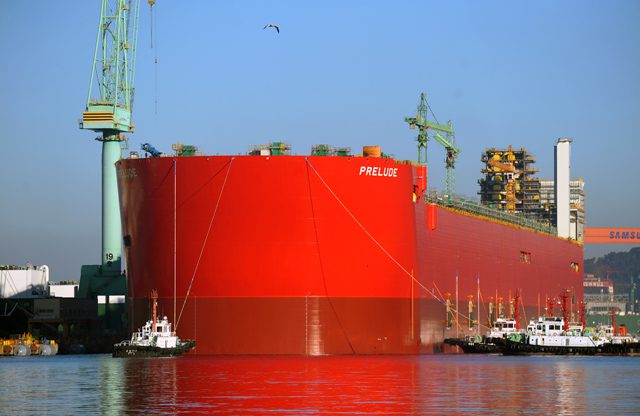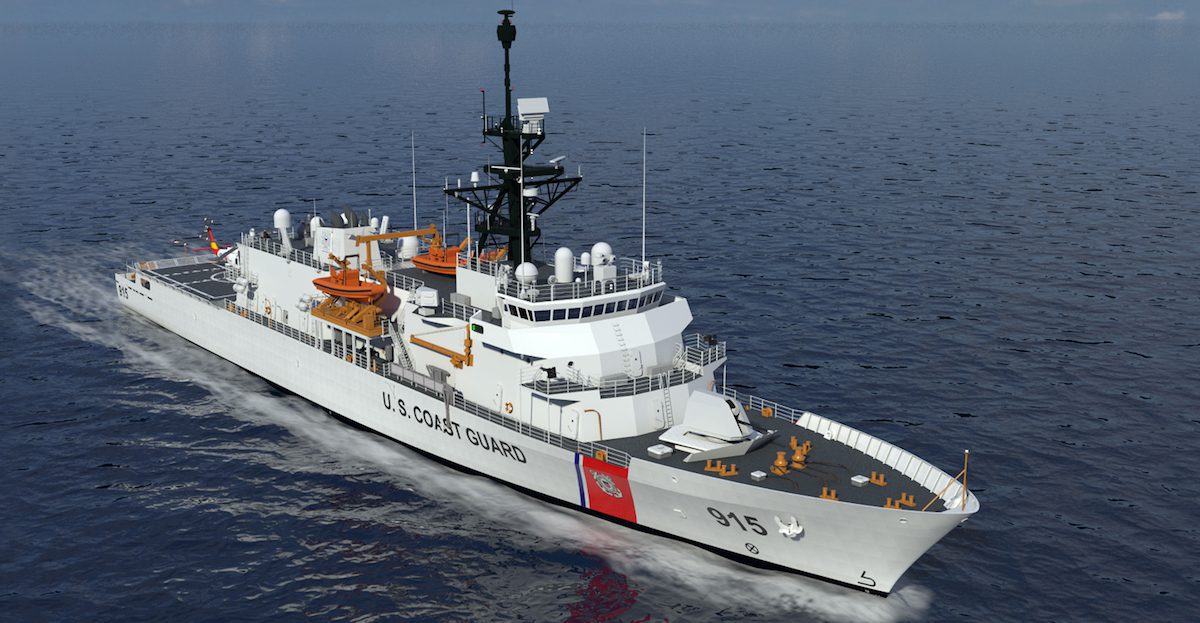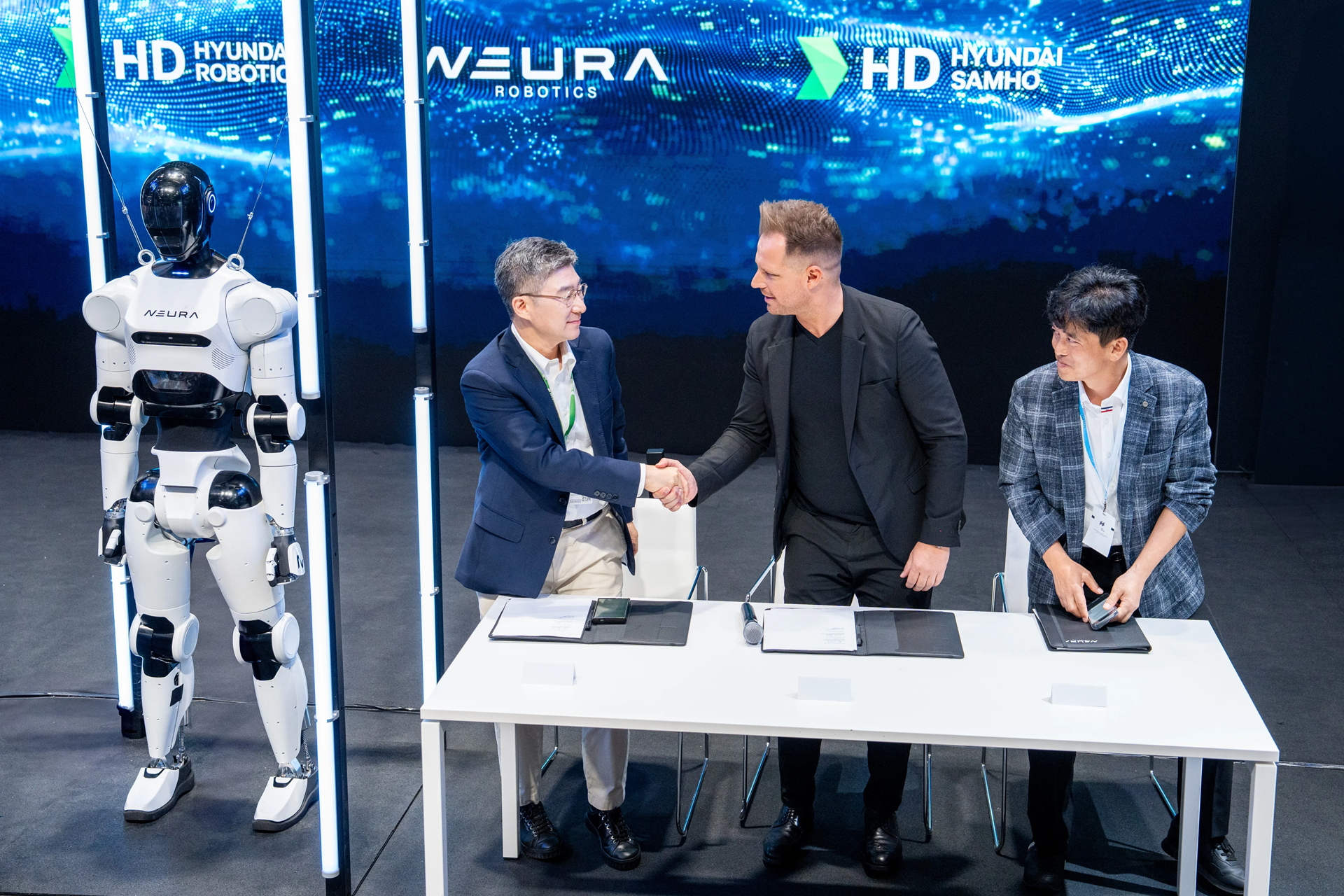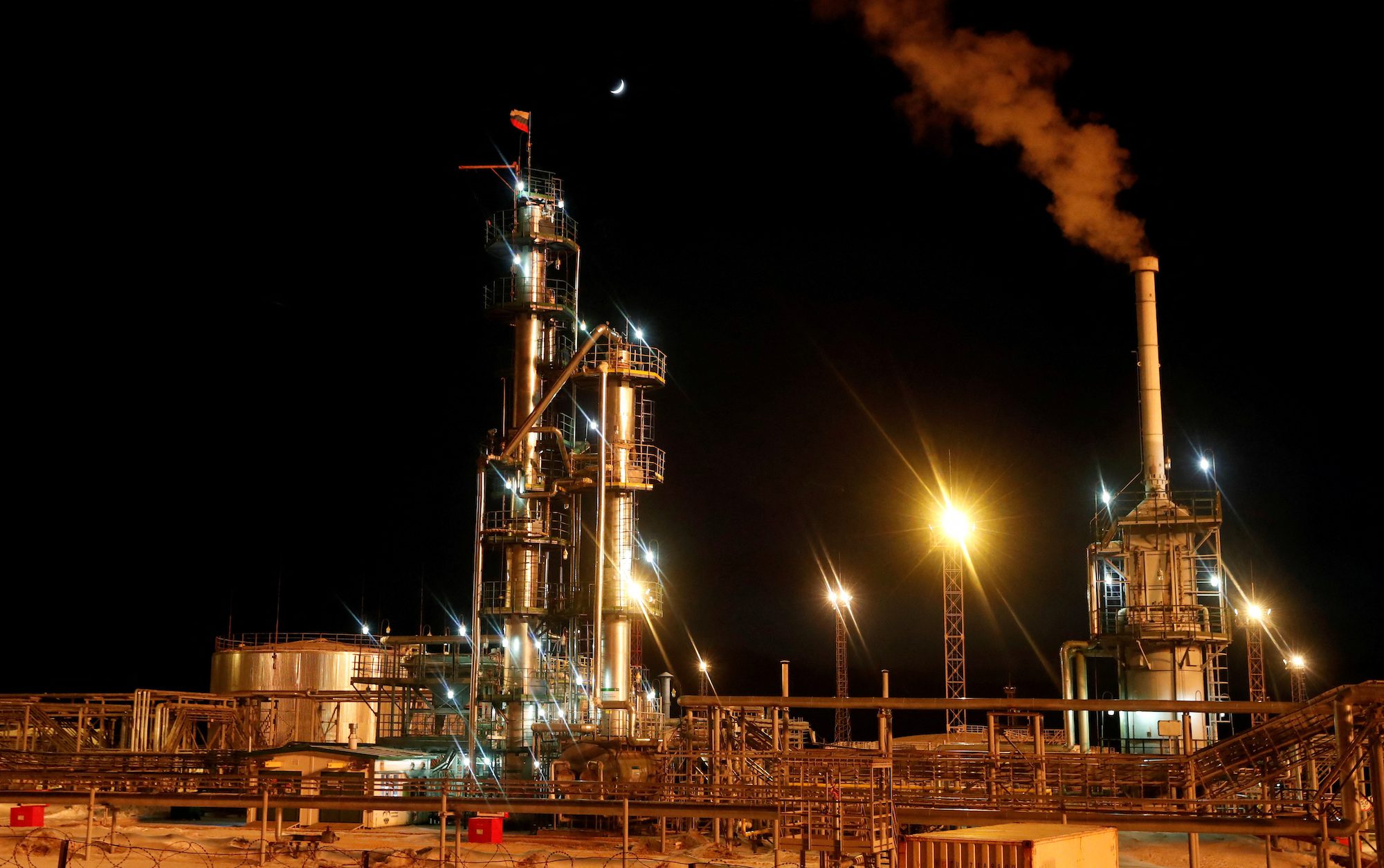Prelude FLNG in the shipyard at Samsung Heavy Industries shipyard on November 30, 2013. Photo credit: Seokyong Lee / Polaris
By Kyunghee Park
Sept. 30 (Bloomberg) — Samsung Heavy Industries Co., the world’s third-largest shipbuilder, is planning to set up its first overseas facility in a revamp of the manufacturing operations after the biggest merger within the Samsung Group.
The company aims to spend about 1 trillion won ($950 million) on the plant by 2017, Chief Financial Officer Chun Tae Heung said in an interview yesterday. Indonesia, Vietnam and Malaysia are being considered for building bulk ships, tankers and smaller container vessels, Chun said.
The company, based in Seoul, plans to focus on making lucrative oil-exploration products and larger ships at its domestic operations, and to cut the costs of producing lower- margin vessels by building them overseas. The revamp comes after Samsung Heavy said earlier this month it will merge with Samsung Engineering Co. to create a company that can compete more effectively with European rivals Saipem SpA and Technip SA.
“We believe there will be demand for offshore oil and gas projects in the long term,” Chun, 56, said. “We want to make room at our shipyard in Korea to focus more on offshore and building higher-value ships.”
Samsung Heavy expects to finalize the plan on the overseas yard as early as this year, Chun said.
Samsung Group is merging the Group’s shipbuilding and engineering units by December as South Korea’s largest conglomerate prepares for possible succession. Lee Kun Hee, the 72-year-old chairman of phone-maker Samsung Electronics Co., has been hospitalized since suffering a heart attack in May, and the heir apparent is his only son, Lee Jae Yong.
Samsung Phones
As part of revamping the Group’s business, the family is planning to take public two businesses to comply with tighter government limits on chaebol and eventually help pay inheritance taxes that could exceed $5 billion. Samsung Electronics also makes phones and home appliances in Vietnam.
Demand for floating drilling and production facilities are expected to increase as oil companies go into deeper and harsher areas to look for new fields. Samsung Heavy expects to win at least $15 billion of new orders in 2015, Chun said. So far this year the company received $5.5 billion of orders, of which more than half are for offshore products.
Samsung Heavy is currently building the world’s biggest floating gas production plant for Royal Dutch Shell Plc at its yard in Geoje, South Korea.
Merger Benefits
The 2.5 trillion-won merger will help combine Samsung Heavy’s offshore expertise and Samsung Engineering’s project management knowhow to minimize risks of cost overruns, Chun said. This will be applied to the construction of a $3 billion floating oil production facility in Nigeria, he said.
The deal will also help the shipyard increase engineers for its offshore projects, Chun said.
“We will from now on win offshore projects that are profitable,” Chun said. “We have learned from earlier projects to be more cost effective.”
Samsung Heavy posted a loss in the first six months as it set aside provisions for possible cost overruns from offshore orders in Nigeria and Australia.
Samsung Heavy expects sales from offshore operations to double to 8 trillion won in 2020, accounting for about a third of the total 25 trillion won, Chun said.
Copyright 2014 Bloomberg.

 Join The Club
Join The Club











